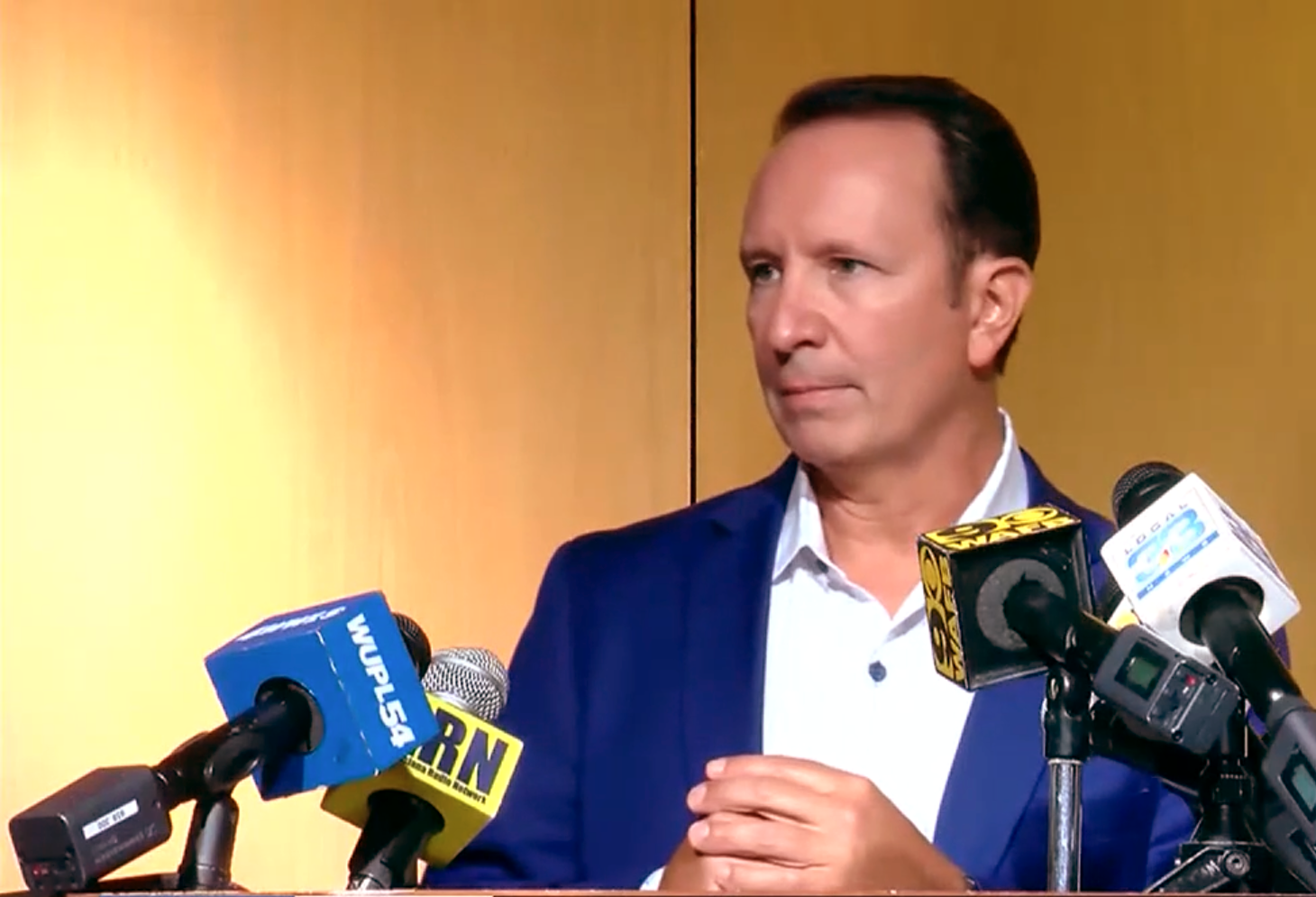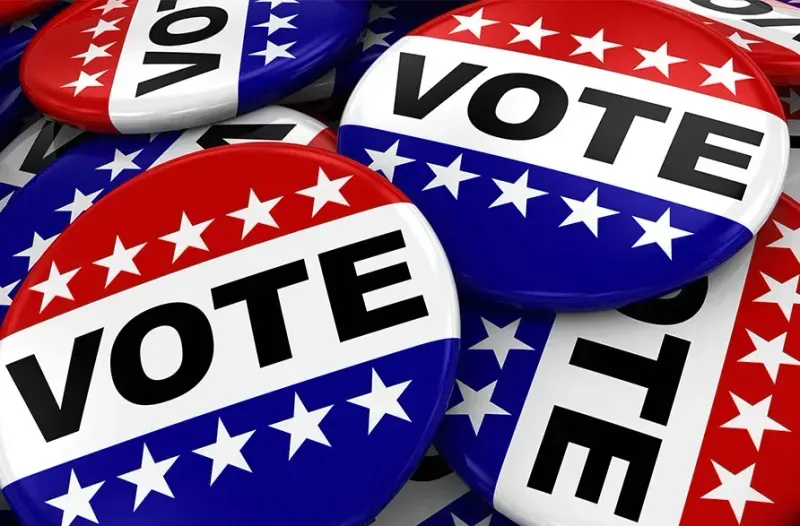Governor Landry’s Tax Plan Sparks Concerns Over Impact on Low-Income Residents
At the heart of the proposal is a shift to a 3% flat income tax and new sales taxes on services like property repair, landscaping, massages, and digital streaming.

BATON ROUGE, La. – Governor Jeff Landry’s sweeping tax reform plan, aimed at modernizing Louisiana’s tax structure, raises concerns from advocacy groups and lawmakers who fear the changes could disproportionately burden low-income residents.
At the heart of the proposal is a shift to a 3% flat income tax and new sales taxes on services like property repair, landscaping, massages, and digital streaming. While Landry emphasizes that the plan is designed to make special interest groups pay their fair share—including a tax on lobbying services—critics argue the broad expansion of sales taxes could hit the state’s most vulnerable populations the hardest.
“Sales taxes on essential services will always affect low-income families more,” said a spokesperson for Invest Louisiana, one of the watchdog groups sounding the alarm. “We need to ensure that tax reform doesn’t end up hurting the people who can least afford it.”
Revenue Secretary Richard Nelson defended the plan, stating that it aims to modernize the state’s outdated tax code, which has not kept pace with the digital economy. “What used to be rented from Blockbuster is now streamed online, and we need to account for that,” Nelson said, advocating for taxing digital products to enhance the state’s business environment.
The plan also includes a corporate tax reduction from 7.5% to 3.5% and an increase in the retirement exemption for seniors, doubling it from $6,000 to $12,000. Nelson claimed the tax overhaul could significantly boost Louisiana's standing in national business rankings, moving the state from the bottom to the top tier.
However, introducing sales taxes on everyday services has sparked opposition from lawmakers on both sides of the aisle. As the plan moves through the legislative process, many are calling for amendments to mitigate the potential impact on lower-income residents.
The proposal is expected to face intense debate in the coming weeks as legislators weigh the benefits of attracting businesses against the risk of widening the gap for Louisiana’s poorest citizens.






